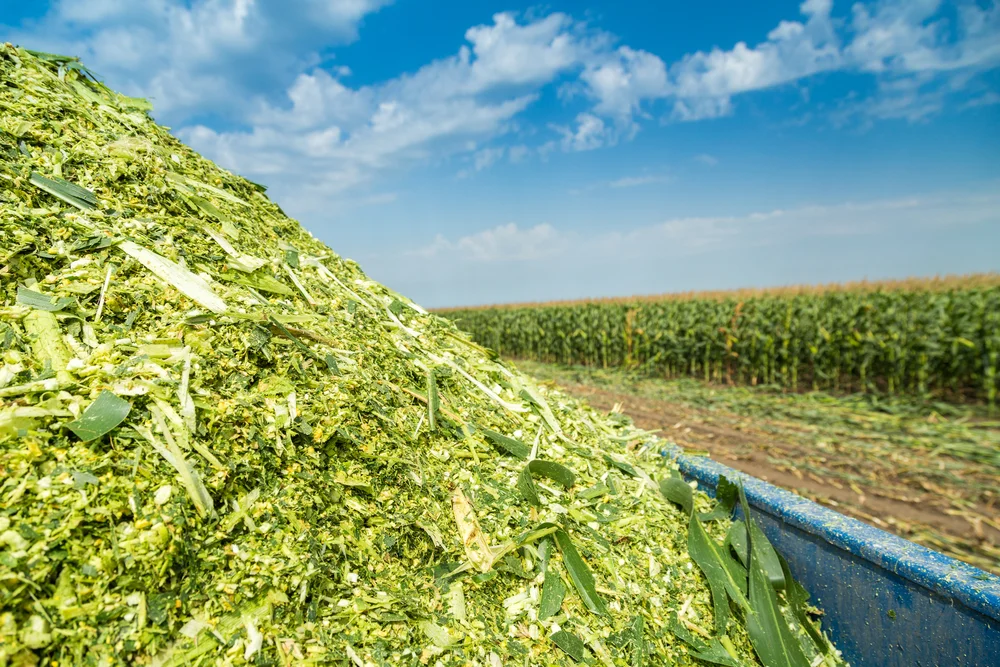2017 Kentucky Corn Silage Hybrid Performance Report
The objective of the Silage Corn Hybrid Performance Test is to provide unbiased forage yield and quality data for corn hybrids commonly grown for silage in Kentucky.
Hybrids were evaluated for silage performance on cooperating farms. Representatives from seed companies submitted hybrids of their choosing.
The 2017 growing season was wet early and dry later with conditions for excellent yields. Despite the excellent conditions, Mercer County was low-yielding and variable. Only two replications were evaluated at Mercer County. Yields were excellent at the other two locations. This year, ratings were assessed for gray leaf spot (GLS) and both rusts together (Rust). This year, rust most likely was common rust; however southern rust may have been present as well. Disease pressure was relatively low at all sites and a foliar fungicide likely would not have increased yields. Note: Gray leaf spot is caused by Circospora zea-maydis, common rust is caused by Puccinia sorghi and southern rust is caused by Puccinia polysora.
This was an excellent year to compare hybrid performance. Total silage yield and milk yield are the two most important performance numbers to compare across hybrids.
We thank our farmer cooperators for hosting the plots and helping with planting, management and harvest of the plots.

